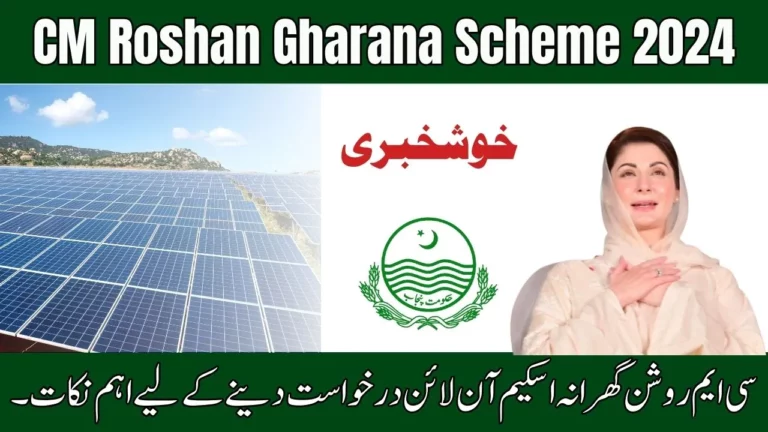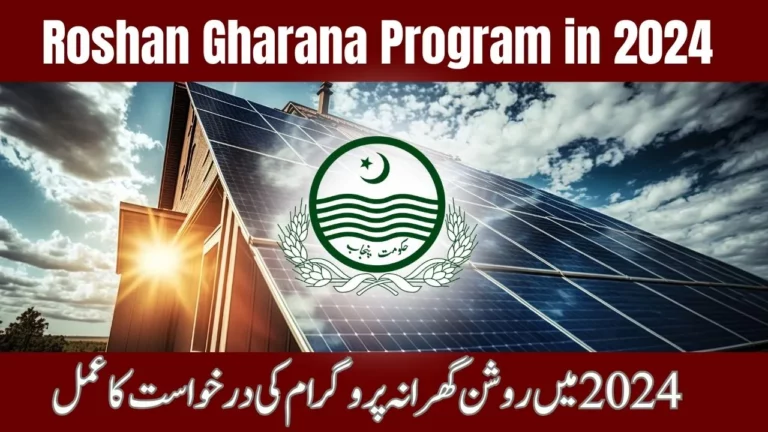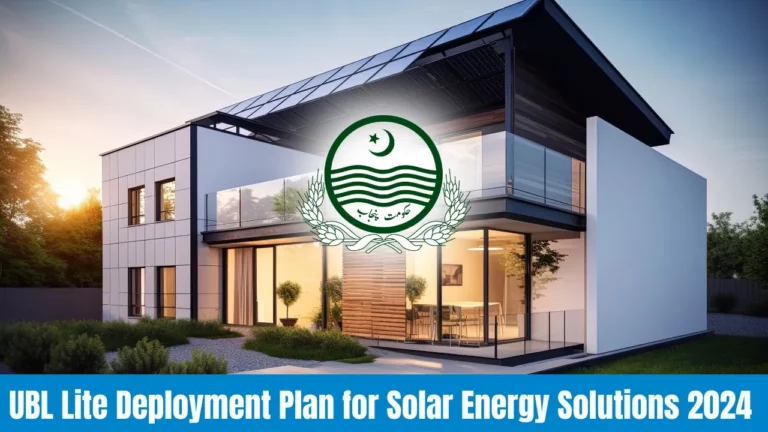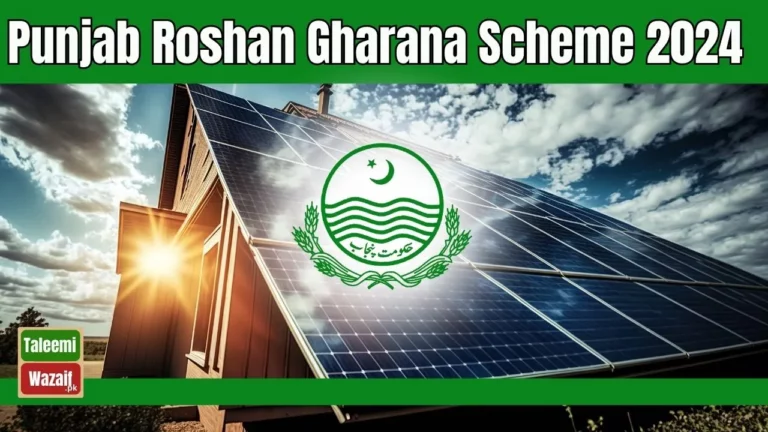Breaking News: KP Government Announces Free Solar Panels for 100,000 Families
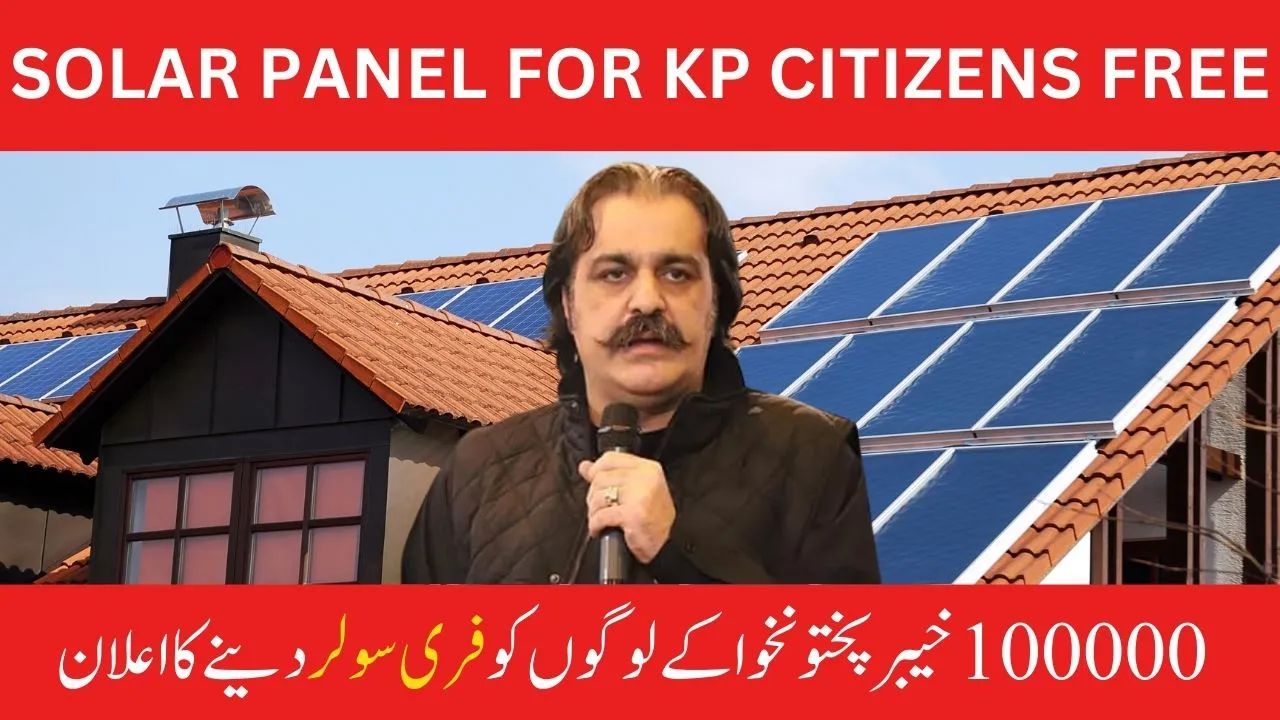
The Khyber Pakhtunkhwa (KP) government has proposed an initiative that will distribute free solar panels to 100,000 qualified families. This effort seeks to cut electricity prices and increase renewable energy usage among low-income families. Each chosen household will receive a complete solar panel system, which includes solar panels, batteries, DC fans, and an inverter. This configuration allows families to generate their own electricity, minimizing their reliance on the national grid and promoting energy independence.
Families will benefit greatly financially by generating their own electricity. The current cost of power in KP is Rs 6-7 per unit, which is significantly less than the Rs 27 charged by WAPDA. This cost difference will allow families to reduce their electricity bills, reducing their financial stress. This initiative is part of the KP government’s larger commitment to help low-income households and promote sustainable energy solutions throughout the province.
| Program Feature | Details |
| Solar Panel Setup | Complete system including solar panels, batteries, DC fans, and inverters. |
| Cost Savings | Electricity cost: Rs 6-7 per unit (KP) vs. Rs 27 per unit (WAPDA). |
| Implementation Strategy | Selection, distribution and installation, support, and maintenance. |
| Environmental Impact | Reduces greenhouse gas emissions and promotes sustainability. |
Implementation Strategy
The implementation of this program will involve:
- Selection Process: The KP government will identify deserving families based on predefined criteria to ensure the benefits reach the neediest households.
- Distribution and Installation: The government will oversee the distribution and installation of the solar panel systems to ensure proper setup and functionality.
- Support and Maintenance: Beneficiaries will receive support and maintenance services to ensure the long-term sustainability of the solar panel systems.
Benefits of the Program
This effort has numerous benefits. Families will save a significant amount of money on their electricity bills, freeing up funds for other critical requirements. Using solar energy will benefit the environment by reducing greenhouse gas emissions and promoting sustainability. Furthermore, homes will become more self-sufficient in meeting their energy needs, less reliant on the national grid.
Comparison with Other Provinces
Similar projects have started in other provinces as well. In Punjab, the government is providing 1KV solar systems to 50,000 families who use fewer than 100 units of electricity per month. These installations consist of solar plates, batteries, inverters, and wiring. In Sindh, the government, with the assistance of the World Bank, is delivering solar systems to over 200,000 families at a subsidized charge of Rs 7,000 per setup. These systems contain solar panels, charge controllers, and batteries, and they can power one fan and three LED lamps.
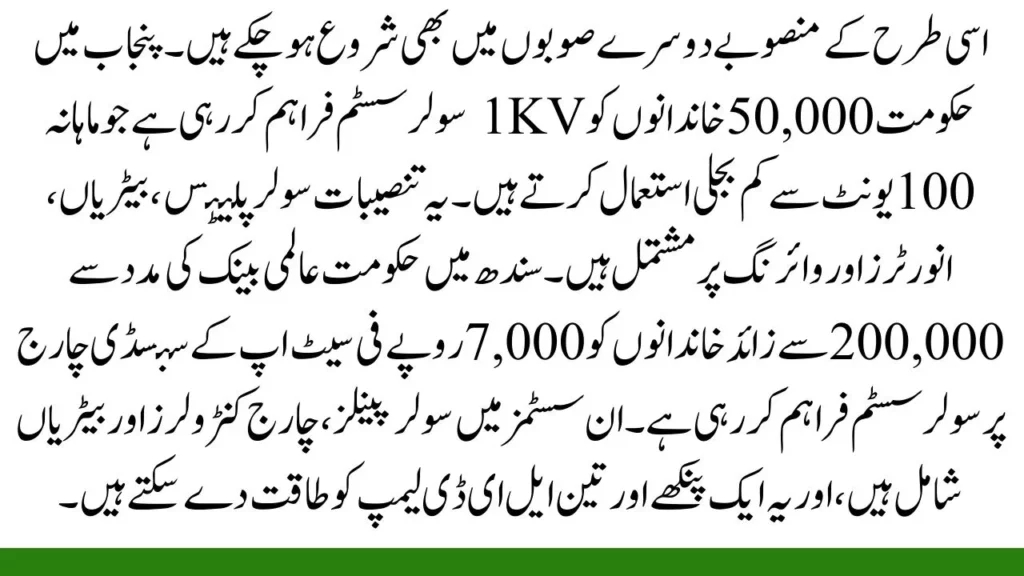
Challenges and Solutions
Implementing such a large-scale initiative comes with challenges, including:
- Logistics: Ensuring the timely distribution and installation of solar panels across the province.
- Awareness: Educating beneficiaries on how to use and maintain their solar panel systems effectively.
- Technical Support: Providing ongoing technical support to address any issues that may arise with the solar panel systems.
Conclusion
The KP government’s effort to distribute free solar panels to 100,000 qualified homes represents a big step toward lowering electricity bills and boosting renewable energy. KP intends to improve its energy security while also contributing to environmental protection by following successful examples from Punjab and Sindh.
Also Read: BOP Solar Panels Scheme Form: How to Apply Online
FAQs
Who will receive the free solar panels in 2024?
The free solar panels will be distributed to 100,000 deserving families in Khyber Pakhtunkhwa, selected based on specific criteria set by the government.
What does the solar panel setup include in 2024?
Each household will receive a complete solar panel setup, including solar panels, batteries, DC fans, and inverters.
How does this initiative benefit the environment in 2024?
The use of solar energy reduces greenhouse gas emissions and reliance on fossil fuels, contributing to environmental sustainability.
What support will be provided to the beneficiaries in 2014?
Beneficiaries will receive support and maintenance services to ensure the long-term sustainability of the solar panel systems.
